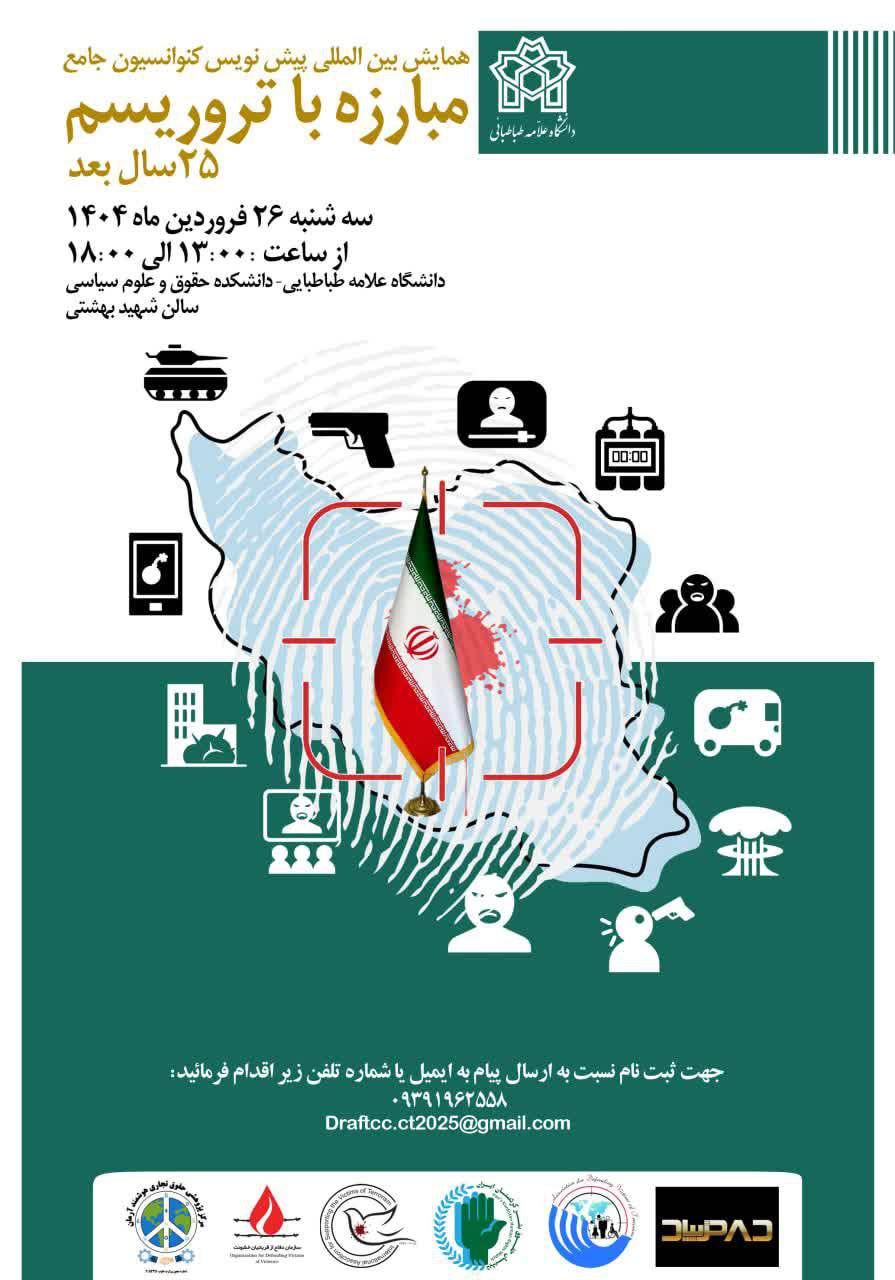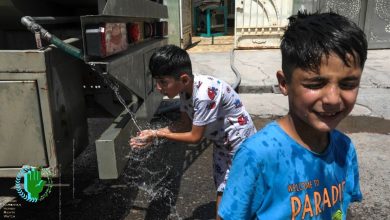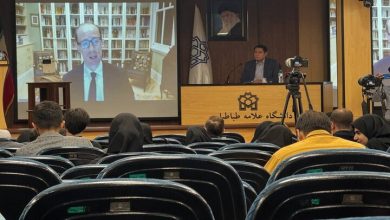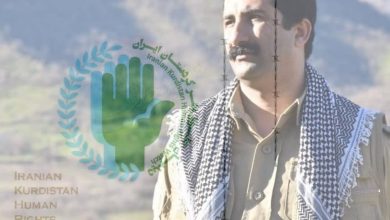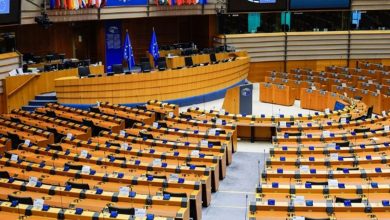International Conference: This conference will examine and analyze the provisions and negotiation process of the Draft Comprehensive Convention on Combating Terrorism
This conference will examine and analyze the provisions and negotiation process of the Draft Comprehensive Convention on Combating Terrorism.
According to the Iranian Kurdistan Human Rights Watch, on the eve of the 25th anniversary of the submission of the Draft Comprehensive Convention on Combating Terrorism to the United Nations General Assembly, Allameh Tabataba’i University in Tehran will host an international conference on Tuesday, April 15, 2025, aimed at reviewing, critiquing, and analyzing this significant legal document. This draft, first proposed in 2000, seeks to provide a comprehensive and binding framework for global counter-terrorism efforts. However, due to political, legal, and diplomatic obstacles, it has yet to be finalized after a quarter of a century. International law professors from Iran and several other countries will participate in this conference. The conference is organized by the Faculty of Law and Political Sciences of Allameh Tabataba’i University, in collaboration with the Iranian Kurdistan Human Rights Watch, the Organization for Defending Victims of Violence, Arman Smart Commercial Law Research Center, the Association for the Defense of Victims of Terrorism, and the Association for Supporting Victims of Terrorism. The goal of this conference is to examine various dimensions of the draft convention, the related negotiation process, obstacles to its adoption, and the future prospects of this document within the international legal system against terrorism.
At this conference, the provisions and negotiation process of the Draft Comprehensive Convention on Combating Terrorism, the legal, political, and diplomatic challenges in the path to its adoption, and the impact of international developments from 2001 to 2025 on the drafting and adoption process will be examined and analyzed.
Iran is one of the primary victims of state and non-state terrorism at the regional and international levels. Numerous terrorist groups, supported by foreign powers, have destabilized Iran’s social and political environment through armed actions. Meanwhile, some analysts, emphasizing strategic plans to securitize Iran’s surrounding environment, argue that terrorism in the region has not only grown due to ideological or ethnic motivations but has also been a tool in the hands of certain states to advance geopolitical goals. Accordingly, one of the central issues of this conference is the necessity to move beyond double standards in dealing with terrorism. In a situation where groups with explicitly terrorist and violent tendencies receive political and financial support from major powers, achieving global peace and security will only be possible by establishing a unified standard based on international principles and documents. From this perspective, reviving dialogues on the Draft Comprehensive Convention on Combating Terrorism can be a step towards establishing a fair and effective legal order in the fight against terrorism worldwide.

